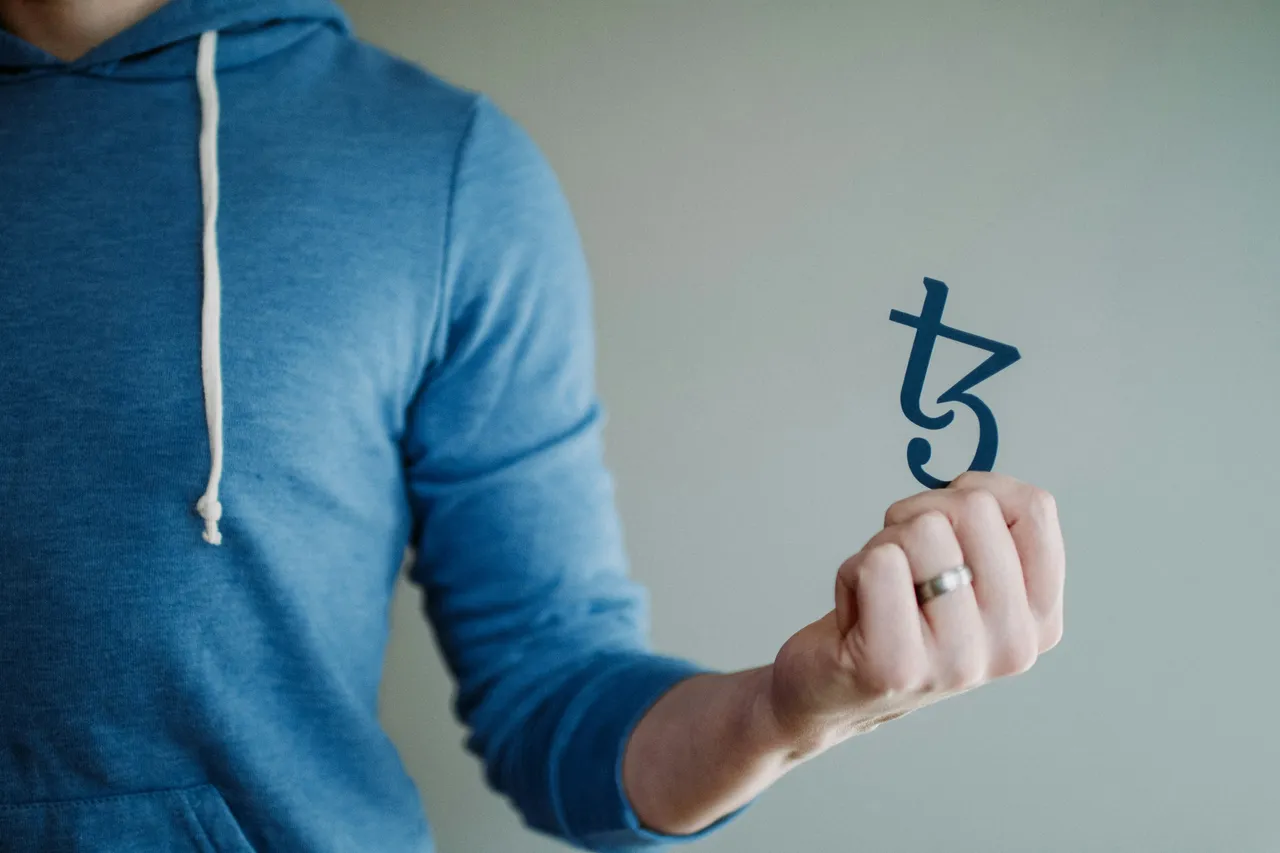
Image info
A Practical Guide to Minimalist Living: Achieve Financial Freedom Through Decluttering and Simplicity
In a world where consumerism reigns supreme, many individuals feel overwhelmed by the constant pressure to acquire more. A recent survey indicates that nearly 70% of Americans feel burdened by their possessions, leading to stress and anxiety. According to a study from Becoming Minimalist, the average American family spends about $1,700 on clothing each year and discards around 65 pounds of clothing annually. Can simplifying your lifestyle lead to financial freedom? Minimalist living offers a refreshing perspective that encourages us to focus on what truly matters. By embracing simplicity, we can reduce expenses, eliminate debt, and ultimately achieve greater financial well-being.
What is Minimalist Living?
Minimalist living is a lifestyle choice that emphasizes simplicity, intentionality, and the reduction of material possessions. It encourages individuals to declutter their lives, both physically and mentally. This allows for a more focused and fulfilling existence. The minimalist movement has evolved over the years, gaining traction as people seek to escape the chaos of modern life and prioritize their well-being. Well-known minimalists like Marie Kondo and Joshua Fields Millburn exemplify this lifestyle, showcasing how living with less can lead to a more meaningful life.
Benefits of Minimalist Living
One of the most significant advantages of adopting a minimalist lifestyle is the potential for financial freedom. By reducing unnecessary expenses and avoiding debt, individuals can increase their savings. They can allocate funds toward meaningful experiences rather than material possessions. Embracing minimalism can transform your financial health by focusing on what truly matters. For instance, a family that downsized their home found they could save thousands each year. They redirected those funds toward travel and experiences that enriched their lives.
Minimalism is not just about finances. It also promotes emotional well-being. A clutter-free environment can lead to reduced stress and anxiety. This allows individuals to focus on their personal growth and happiness. By letting go of excess belongings, we create space for clarity and peace of mind. Decluttering can lead to a profound sense of joy and fulfillment, as noted in the article 15 Science-Backed Benefits of Minimalism.
Adopting a minimalist lifestyle often aligns with eco-friendly practices. By consuming less and prioritizing sustainable choices, individuals can contribute to a healthier planet. This conscious approach to consumption fosters a sense of responsibility toward the environment. For example, choosing to buy second-hand items not only reduces waste but also supports local businesses.
Practical Steps to Embrace Minimalism
Start by assessing your belongings and identifying items that no longer serve a purpose. Begin with one room or category at a time. Be ruthless in your decision-making. Consider implementing the 'one in, one out' rule. For every new item you bring into your home, let go of one. Donate or sell items that you don't need. Enjoy the liberation that comes with a decluttered space.
Shift your mindset from impulse buying to intentional purchasing. Before making a purchase, ask yourself if the item aligns with your values and if it will truly enhance your life. This practice can significantly reduce unnecessary spending. Additionally, consider creating a shopping list and sticking to it to avoid impulse buys.
Develop a budget that reflects your minimalist values. Focus on essential expenses and allocate funds toward experiences that bring joy and fulfillment. This approach encourages mindful spending and helps you stay on track toward financial freedom. Utilizing the SMART goals framework can help you set clear, achievable financial objectives.
Minimalist Habits for Financial Freedom
One of the most effective ways to regain control over your finances is to stop shopping for non-essential items. Challenge yourself to go on a shopping ban for a month. Observe how it impacts your spending habits. You might be surprised at how little you miss those items.
Instead of accumulating material goods, invest in experiences that enrich your life. Travel, take classes, or spend quality time with loved ones. These experiences often lead to lasting memories and greater satisfaction. Reflect on what truly brings you joy and prioritize those activities.
Establish clear financial goals that resonate with your minimalist lifestyle. Whether it's saving for a trip, paying off debt, or building an emergency fund, having specific objectives can motivate you to stay committed to your financial journey. Use the SMART criteria to define your goals. Ensure they are Specific, Measurable, Achievable, Relevant, and Time-bound.
Conclusion
Embracing minimalist living can lead to profound changes in both your financial situation and overall well-being. By simplifying your life, you can reduce stress, avoid debt, and focus on what truly matters. Consider taking the first steps toward a simpler, financially free life today.
Next Steps to Take
Ready to explore more about minimalist living and financial strategies? Start by identifying just five items in your home you can donate today. This small step can set you on the path to a simpler, more fulfilling life.
This article was developed using available sources and analyses through an automated process. We strive to provide accurate information, but it might contain mistakes. If you have any feedback, we'll gladly take it into account! Learn more

